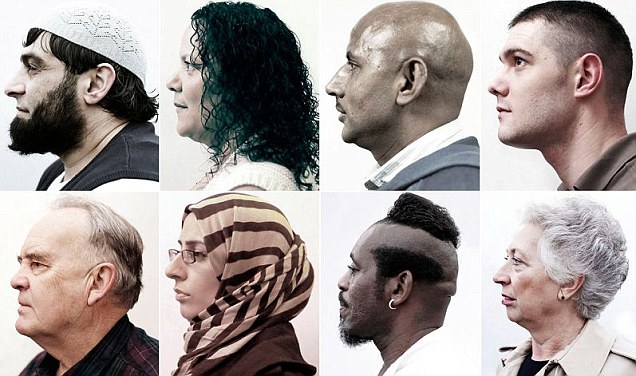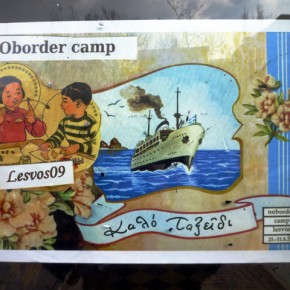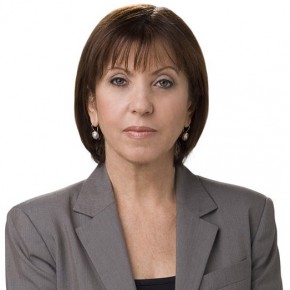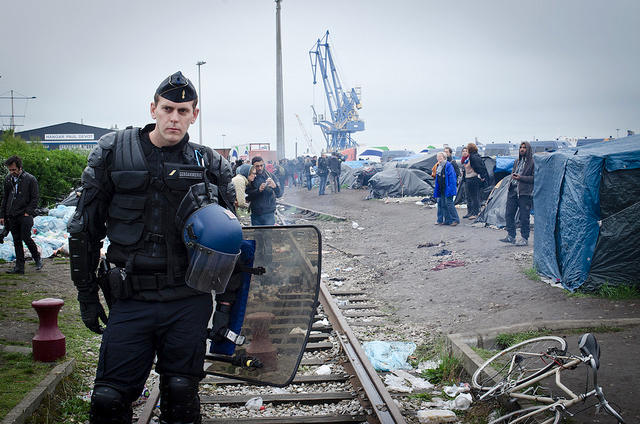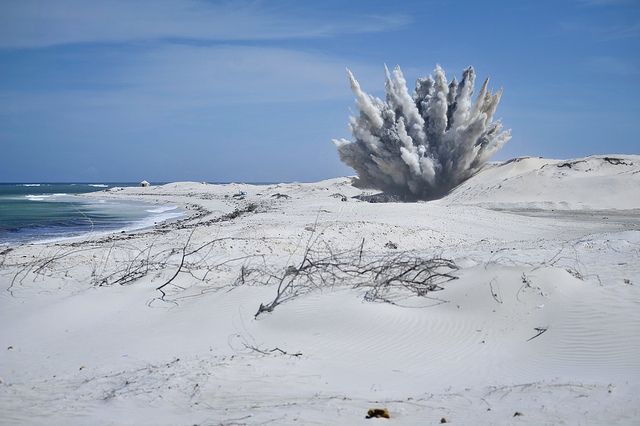“Can eight people from different worlds in the same city really define what it means to be British in 2012?” That bit of hokum sets the scene for Make Bradford British, a two-episode reality TV series recently aired on Channel 4 that shows that when it comes to mediating racial and cultural conflict, there’s still room for sweet but superficial fluff.
Bradford seems an ideal place to confront such issues, given its development of segregated demographic and faith communities over the past generation. With a mostly Muslim South Asian city centre that opens out to more mixed working class surroundings, and white middle-class suburbs, the Yorkshire borough’s been through its share of crises, most notably the ethnic riots it endured in the summer of 2001.
The documentary is based on the interactions amongst the Bradford-born walk-into-a-bar-joke cast of characters that comprise this typical reality show. There are three whites (Jens the 71-year-old conservative retired cop, Maura the 60-something liberal retired magistrate, and Damon the 20-something steel welder), two Afro-Caribbeans (Desmond the laidback house-cleaner and Audrey the take-charge pub owner, both 40-something,) and three ethnically Pakistani Muslims (sensitive 20-something female student Sabbiyah, straight-talking 40-something cab driver Mohamed and gentle 30-something former rugby player Rashid.)
Besides their city residence, their primary commonality is that they were among the 80% of their fellow Bradfordians who took and failed the Life in the UK citizenship test administered by the show’s somewhat condescending creators, diversity experts Tiber Yassin and Laurie Trott.
The ensemble is first put up in a Big Brother-type communal single-house that sets the scene for an elongated group encounter on race and religion that’s humanely polite yet ultimately unsubstantial. Predictably, the house as a whole compromises and works out issues like Rashid’s inconvenient insistence on a five-times-daily-at-mosque prayer schedule and Jens’s cringe-worthy old-school racial humor.
The group is then split up into mixed pairs who host each other at home, Wife Swap-style, during which the participants further smooth out their differences on a one-on-one basis and engage in some heartening self-reflection. Sabbiyah faces harassment at Audrey’s pub, which results in the latter establishing a permanent anti-racism policy there. Rashid and Desmond bond over failed relationships and floating kid-custody. Desmond convinces Jens that it’s not cool to use the phrase “black bastard” even in jest. Mohammed simply walks off the show when asked what his reaction would be to his daughter dating a white man, but that’s basically shrugged off.
The results of all this are of course all too bromidic. Despite its seemingly controversial title, Make Bradford British is ultimately more concerned with personalities and platitudes like “integration” than it is with Bradford-specific problems, like a lack of development and investment, or the provocations of the local English Defence League chapter. In the end, “being British” (or any other Western nationality) in the post-9/11 and -7/7 era seems to mean little in terms of the logistics of birthplace, passport, and convenience alone. It’s not merely satisfied by the struggles of multiculturalism—both in terms of the stagnation of isolationism and the initial risks of intermingling. It’s also about the fluctuations of identity, border and exploitation in an atmosphere of belief, violence and paranoia. Yes, there’s a human element to all of it, but you won’t find much of it in a heavily edited “reality” show.
“Are we really part of it?” reflects Desmond after finding no black faces in the artwork at a local historical mansion that the group visits. Are “we” indeed.
Screenshot and video courtesy of Channel 4
